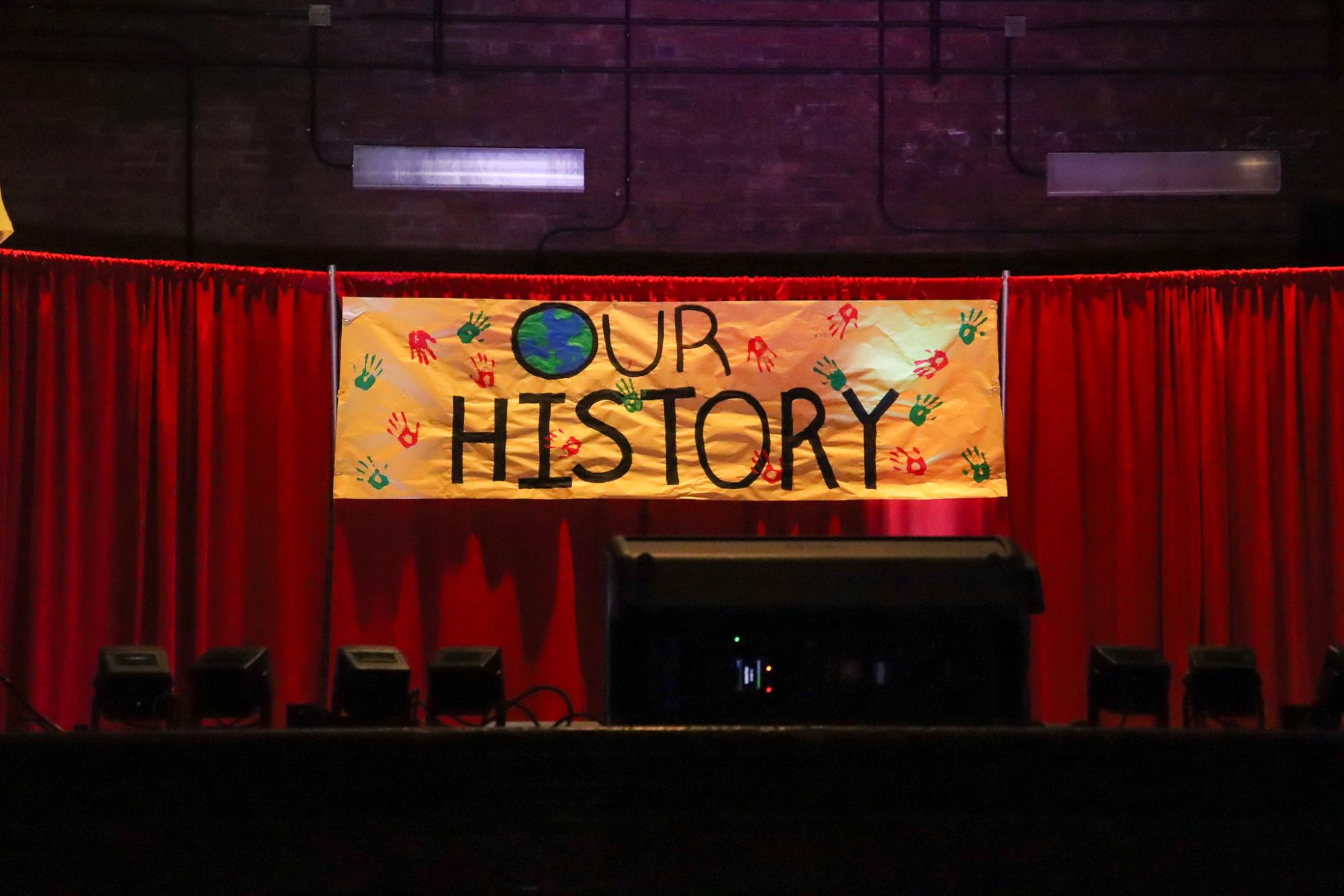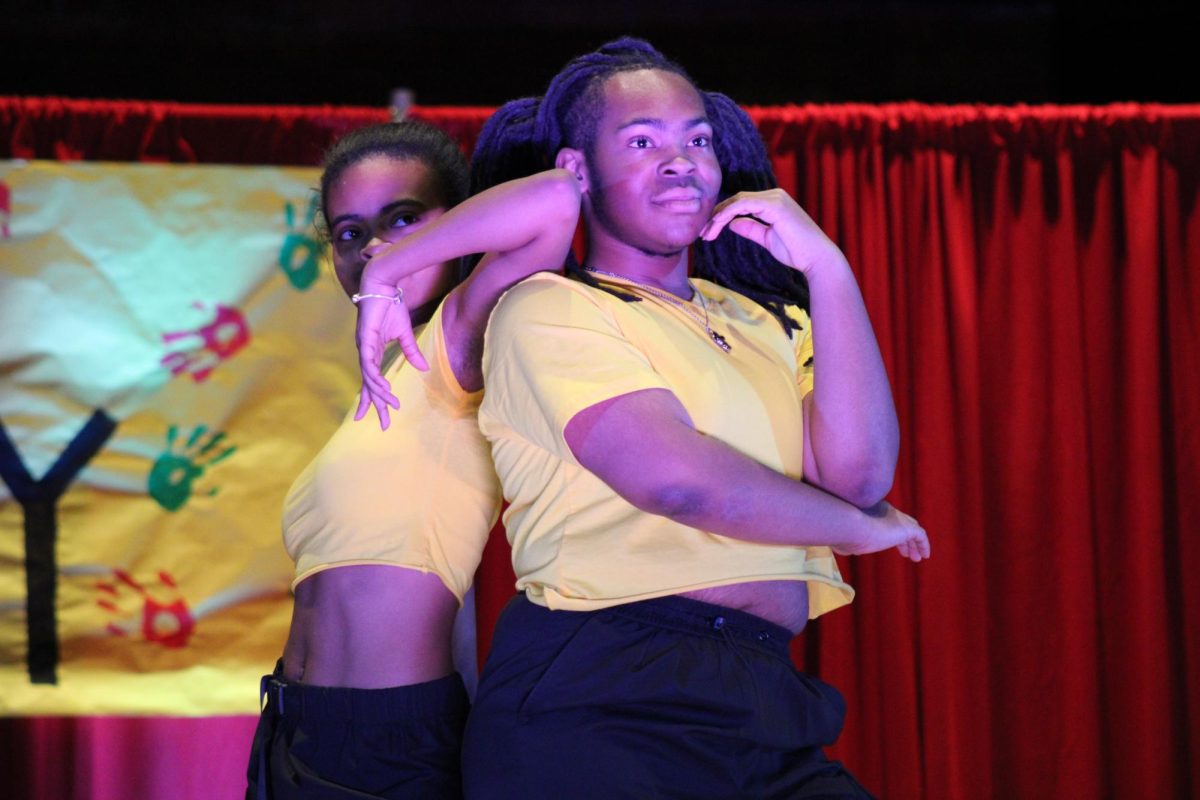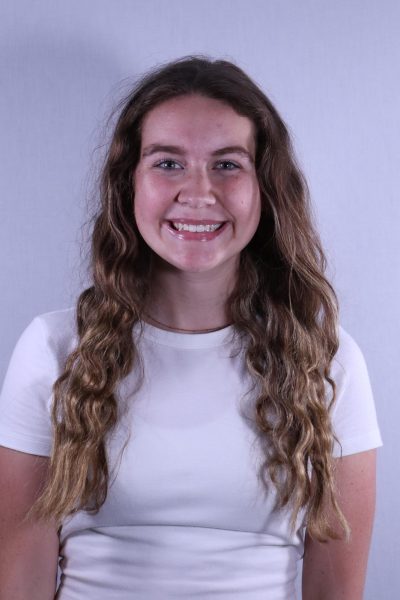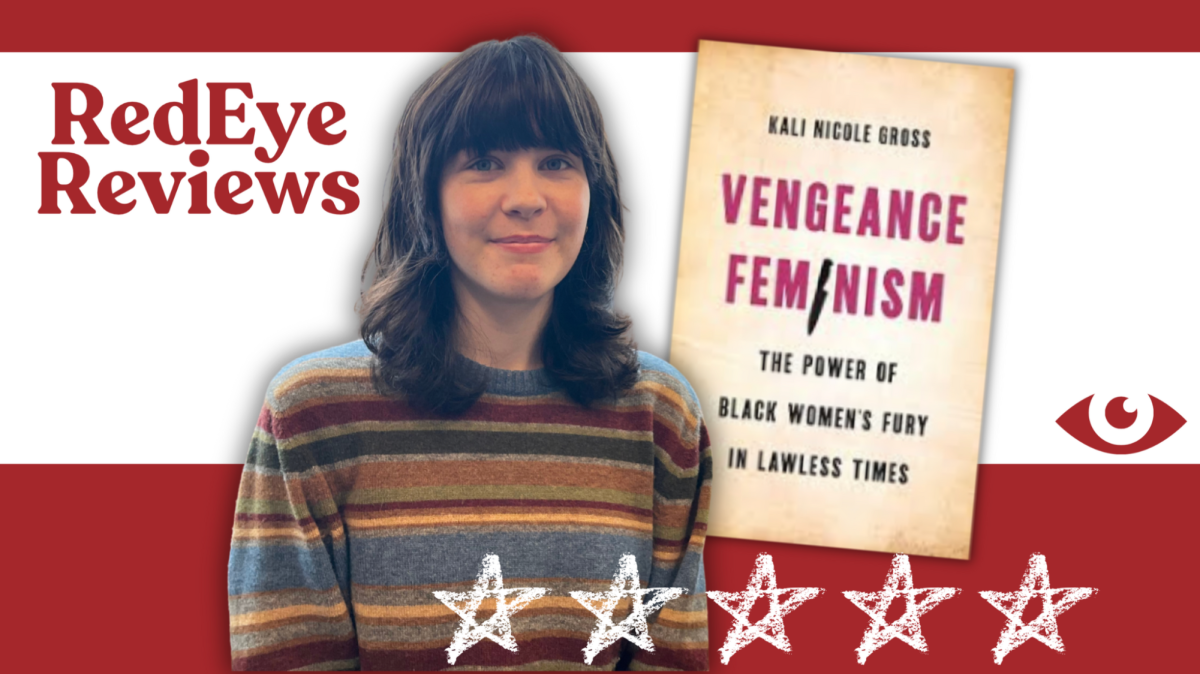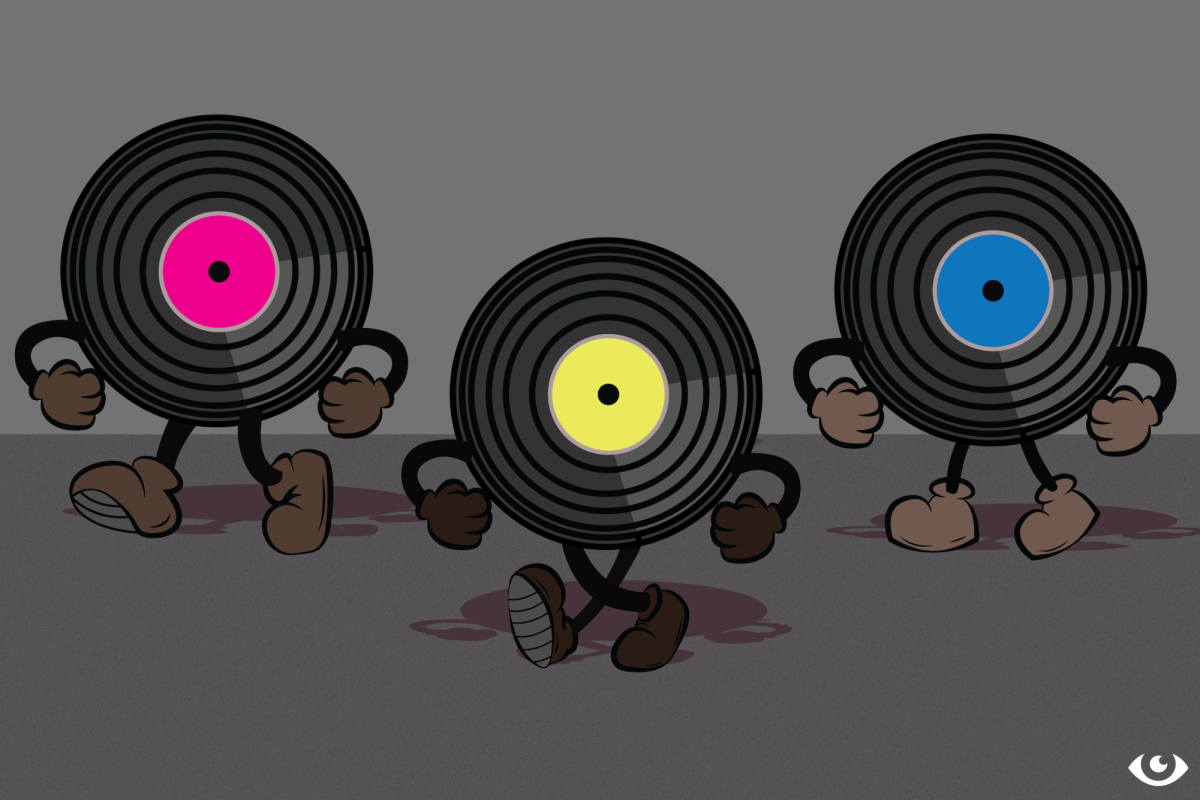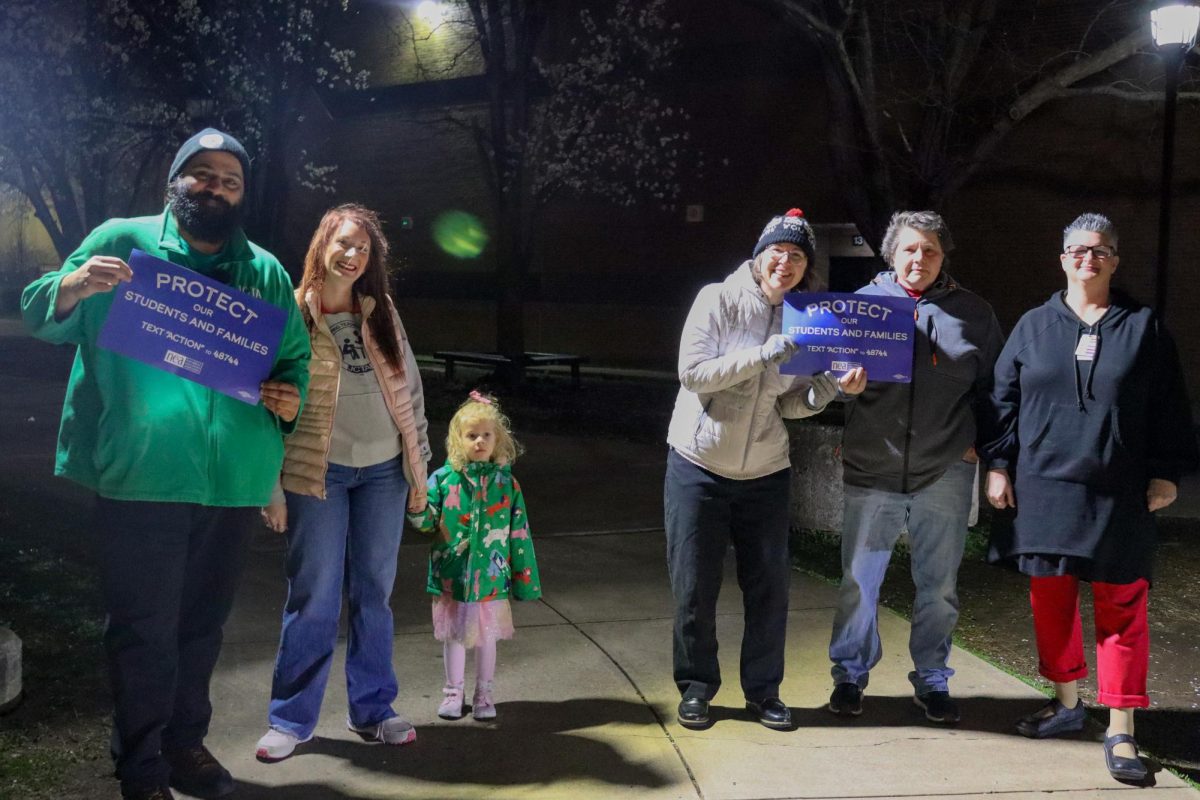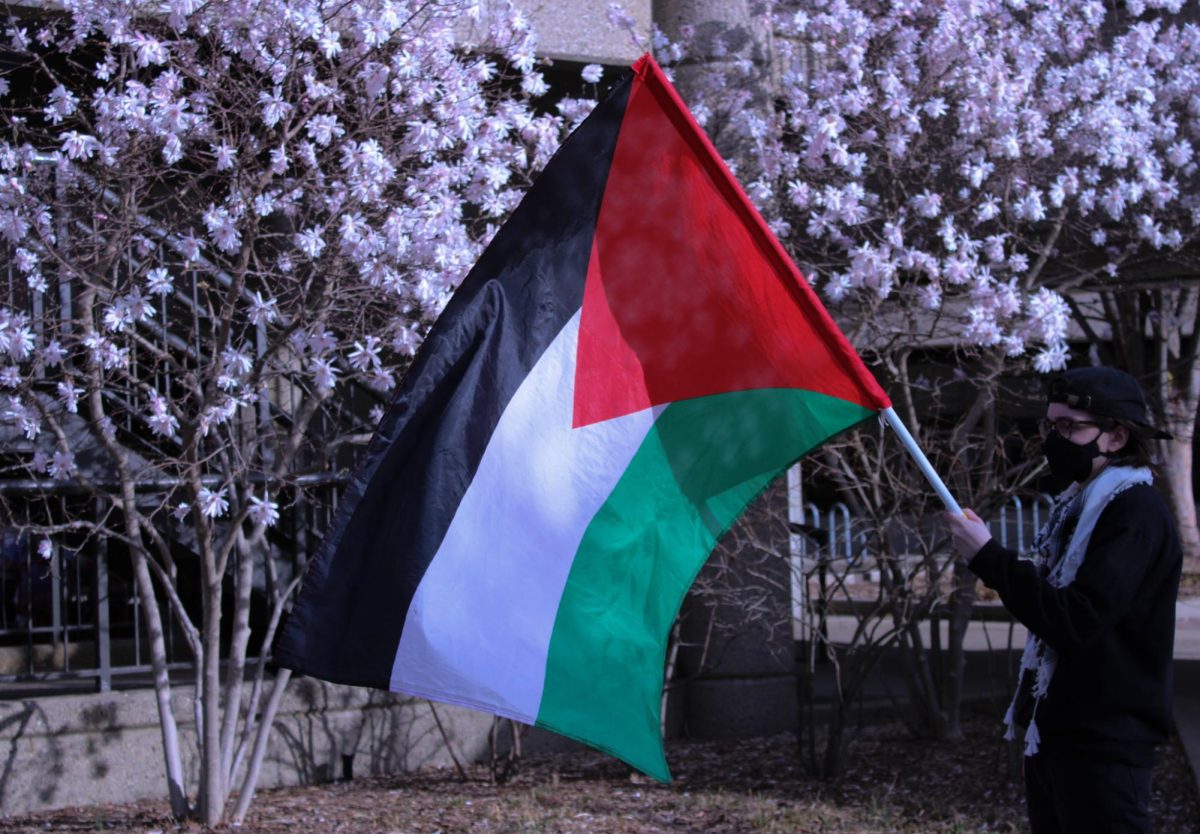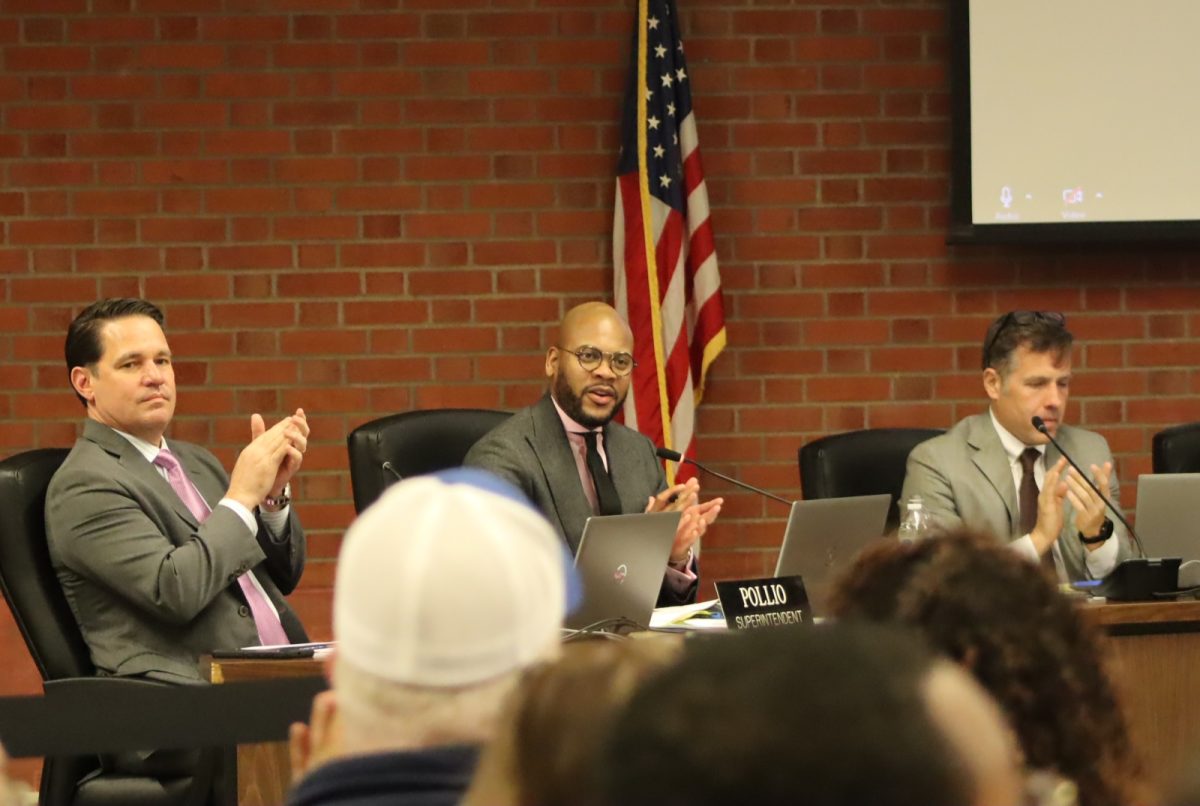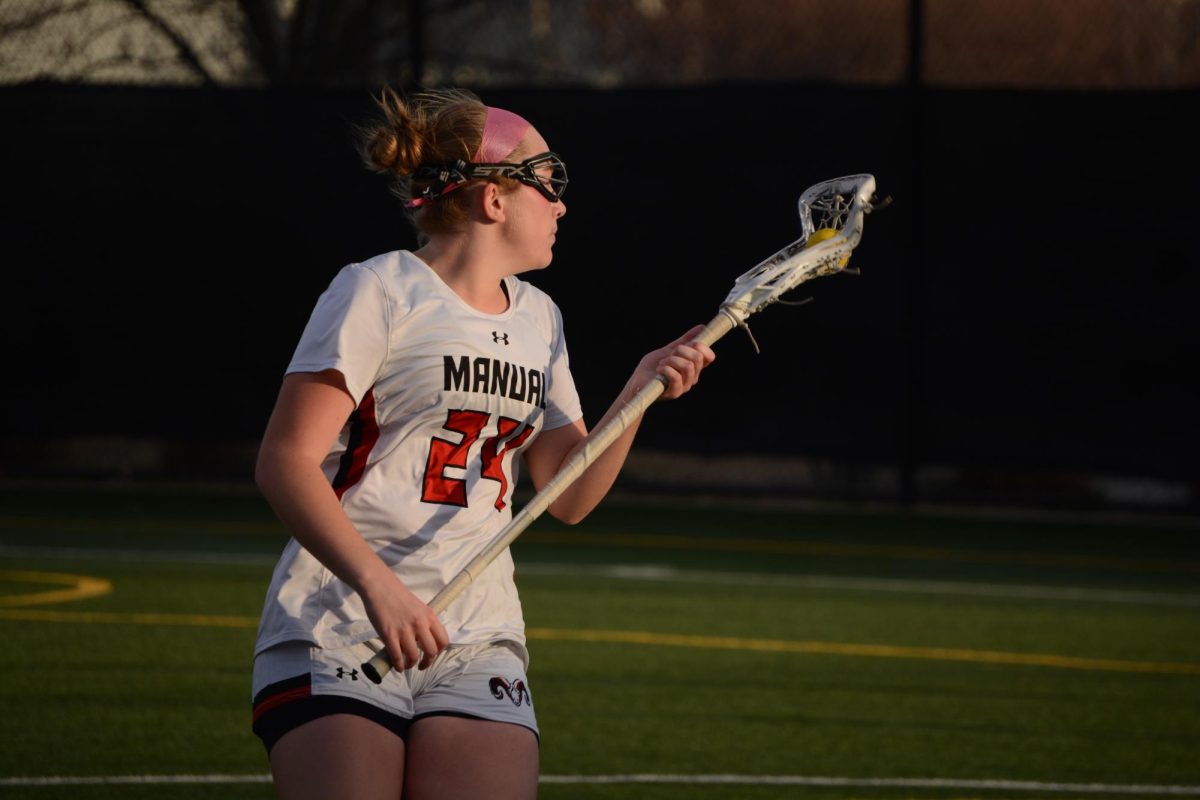Both students and faculty members filed into the auditorium Thursday morning to observe Manual’s 22nd annual black history month presentation.
The show opened with Destiny Cardell (11, HSU) and Catherine Kimbrough (10, YPAS) singing the black national anthem, “Lift Every Voice and Sing.” Written in 1899 by NAACP leader James Weldon Johnson, the song captures the essence of hope surrounding the promise of life, liberty and the pursuit of happiness for all Black Americans.
The following act, performed by Kennedy Miles (10, J&C), was a spoken word poem told from the perspective of a colonizer who begins to rethink his previous actions against African Americans.
In the third act, Marcell Malone (11, HSU) performed “You Lay So Still in the Sunshine,” originally written by Samuel Coleridge-Taylor. Coleridge-Taylor was a 19th-century composer, one of the most influential of his time. He was of mixed descent, an uncommon attribute for famous musicians of the age. Once the song was over, Malone left a cheering audience in his absence.
One of the most anticipated performances of the show came from a nonprofit organization, The Real Young Prodigys, who performed alongside Manual’s choir.
Kennyon Stewart (10, YPAS) and Arie Washington (10, MST) display how modern blackness “runs the world” through a mix of some of the most influential and popular pieces by Beyonce, who was named one of TIMES 100 most influential of 2023. The performance included the song “Run the World (Girls).” The pair showed off various stylistic moves seen in many hip-hop performances.
“Well, I think for us, it’s just kind of great to have the visibility with everyone watching,” Washington said when asked what it means to have an opportunity dedicated to uplifting black voices.
As a break from the performances, Jaivyon Wright (11, HSU) pulled the audience back into what Black History Month is really about; the history. Black history began as only a week of acknowledging the contributions of Black Americans and others of African descent. Finally, in 1976, America’s 38th president Gerald Ford formally recognized the entire month of February as dedicated to the achievements and accomplishments of Black Americans. Since that time, every year has been assigned a specific theme. Fittingly, the theme of this year’s Black History Month is “African Americans and the Art.”.
To continue this shift, Manna Weber (10, YPAS) and Nariah Moore (10, YPAS) performed a spoken word titled “Orange You Tired of the Same Dead Joke.” This poetry piece is a commentary on the historical comparison of black people to oranges. The stereotype has its roots in the decades following the Civil War. Art depicting overflowing fruit bowls was often seen in the average American dining room. However, these paintings served not only as decor, but also a political symbol of racism. The oranges in the bowl were both representatives of the new Floridian fruit industry, but also the hiring of recently freed African American farmers to suppress their newfound freedoms.
Next, Keevina Nachele (12, YPAS) performs “Love” by ASCAP award-winning artist Keyshia Cole. Cole’s song is a testament to early 2000’s R&B and Soul music, playing on Cole’s lackluster love life. The song resonates with the ups and downs of any romantic relationship. Nachele’s rendition encapsulates this feeling with her rendition of the song, making it a crowd favorite.
Genesis Hatchett (12, YPAS) then sang “I Know Where I’ve Been” from the critically acclaimed musical “Hairspray.” The song, originally performed by Queen Latifah, is a ballad that pulls away from the film’s previously humorous tone to one that is more intimate and serious. The song speaks to the struggles and challenges faced by people of color, and hope for a better future.
Joy Ezinwanne Nwaogu (10, HSU ) then performed a piece of poetry titled “The Hope of Tomorrow ”. The piece takes a close, personal look at the struggles faced by people of color in the modern day.
Next, Mela Campbell (11, HSU) performed an instrumental saxophone version of “Die for You” originally performed and written by Guinness’ “Most Popular Artist” Abel Tesfaye, better known as “The Weeknd.” Along with the music a dance was performed by Marcell Malone (11, HSU) and Destiny Cardell (11, HSU). Jazz is not only a pillar of modern music, but a creation born by the black community.
“Black History our History,” spoken by Haley Butler (11, VA) and originally written by Theodore Mosley, is a poem that showcases the idea of “blackness” in its entirety. Ultimately, Mosley hoped to inspire and encourage young black men and women to accept and actively participate in their history and their culture.
To close the program, an a cappella rendition of “Stand Up” originally written and performed by Grammy award-winning singer and actress Cynthia Ervio was sung. The song served as a conclusion to a production that will be remembered as the new standard of success and excellence for future performances.
“Manual and YPAS are predominantly white schools, so it makes it hard to see yourself, or other people of color. Performances like these allow for people of color or other minority groups to show themselves,” Love Eden (11, YPAS) said.



